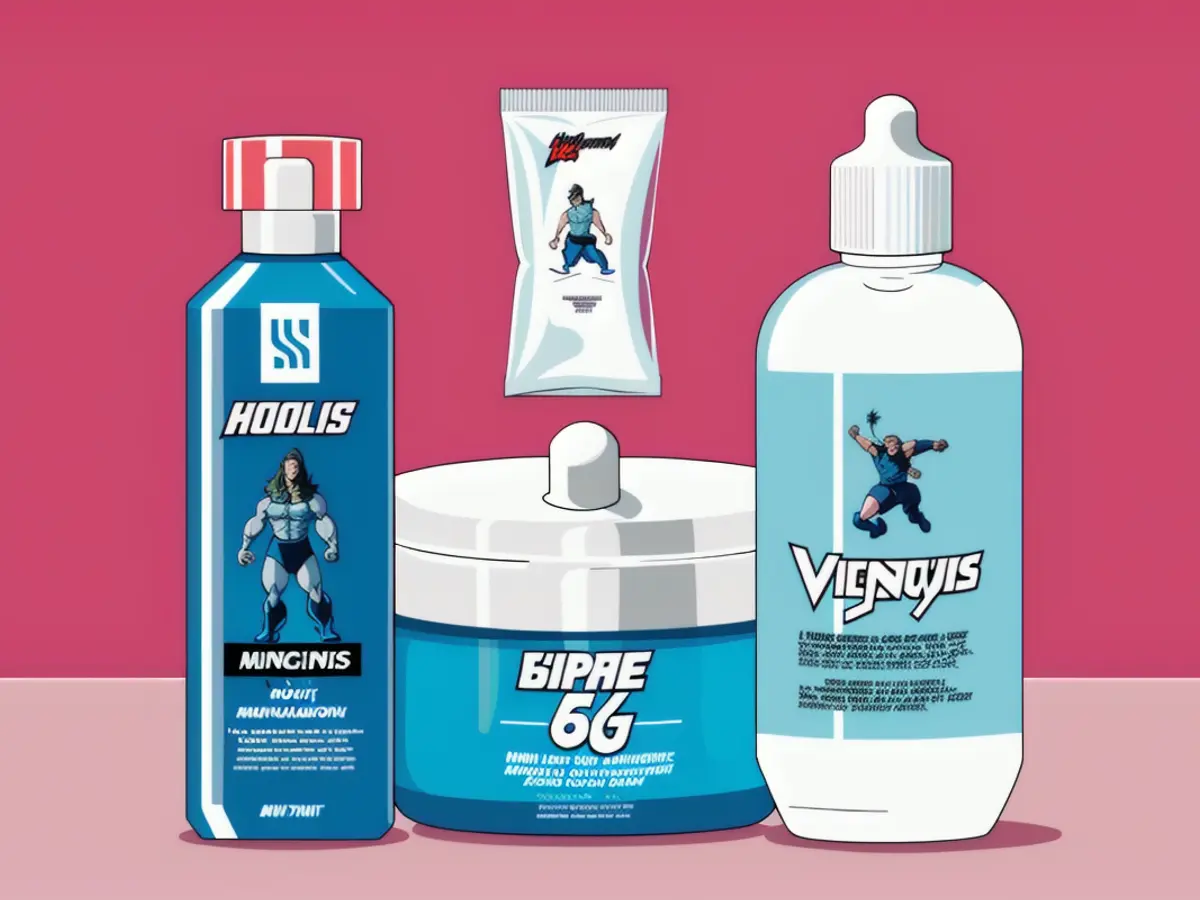Suggested Skincare Regimen for Mixed Skin Types, Balancing Oily and Dry Areas
Got combination skin? Yup, you're one of the lucky (read: unlucky) ones with both dry and oily patches on your mug. Fret not, here's how to tame the beast and keep your skin happy.
What is Combination Skin, Anyways?
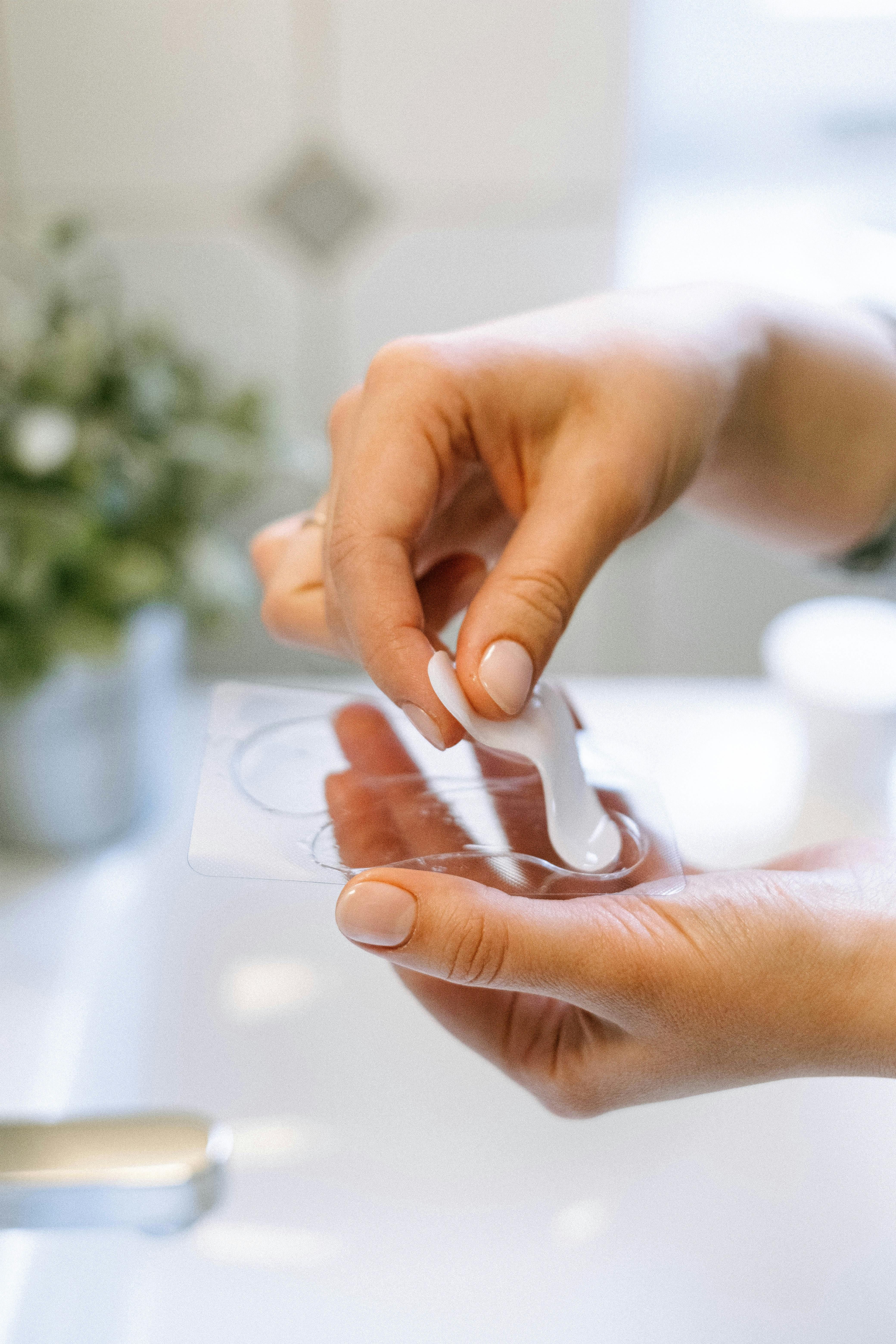
Combination skin is a real pain in the… well, you know. It's a skin type where some parts of your face are oily, while other parts are dry – thanks to sebum production differences. In simpler terms, it's a bust when it comes to consistency.
So, If I Have Combination Skin, What Does It Look Like?

If you have combination skin, you'll experience these signs:
- An oily T-zone (nose, chin, and forehead)
- Dry skin around the cheeks, eyes, and mouth
- Large pores or congested skin on the T-zone
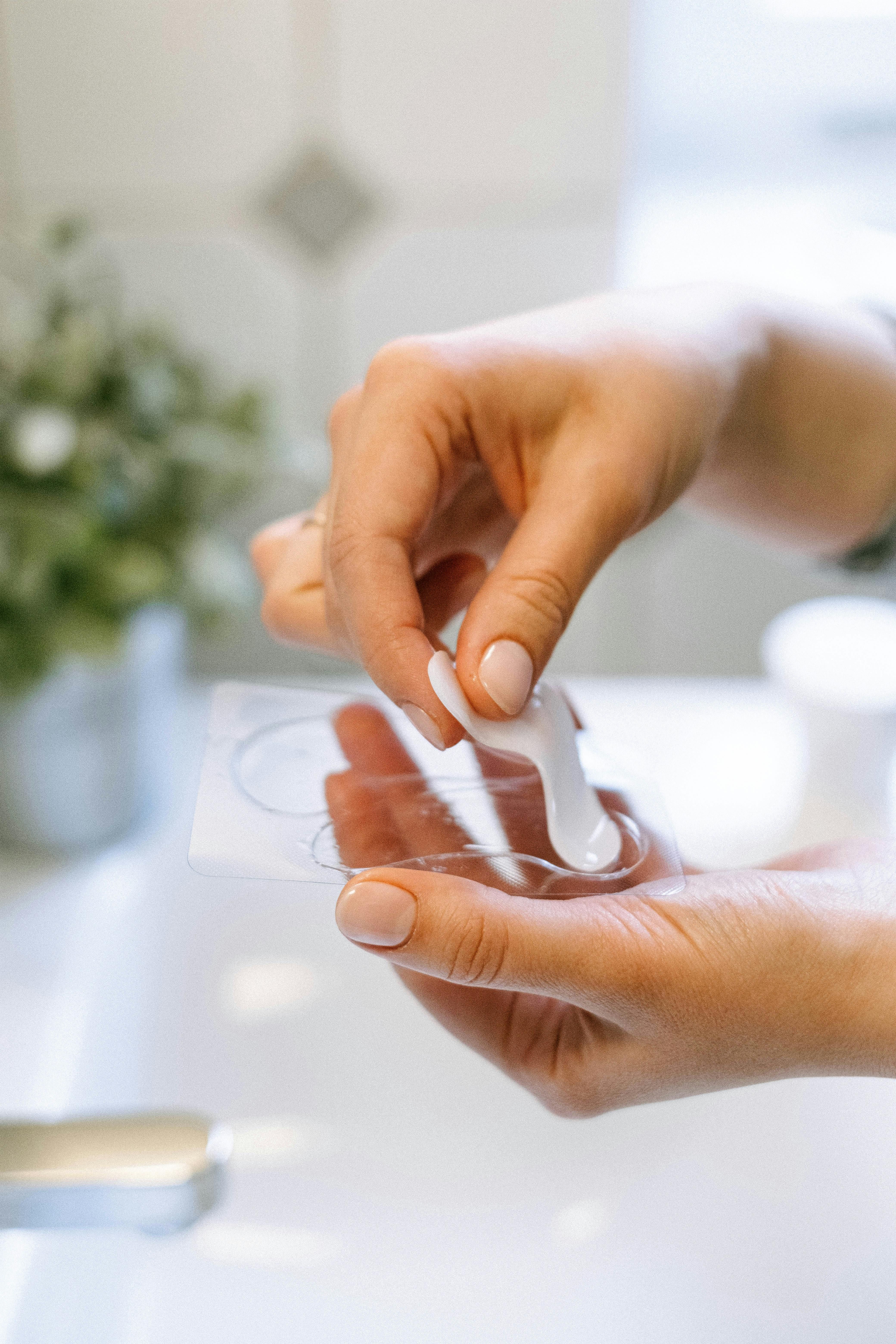
What Causes This Unholy Union of Dry and Oily Zones?
Genetics play the devil's advocate here, but your environment and hormonal changes can also contribute to this skincare nightmare.

The Holy Grail: A Balanced Routine for Combination Skin
To bring harmony to your skin, Dr. Jen Haley, a dermatologist and podcast host, suggests incorporating these steps into your routine:

Morning Routine
- Cleanse: Kickstart your day with a gentle, oil-free cleanser to remove impurities and buildup overnight.
- Tone: If you're into toners, opt for an alcohol-free one to remove any leftover oil and prepare your skin for moisturizer.
- Moisturize: Arm your dry areas with a rich, creamy moisturizer, while your oily sections can get away with a lighter, water-based formula.
- Sunscreen: SPF 30 or higher is a must, people! Don't forget your goggles!

Nighttime Routine
- Cleanse: Opt for a gentle, oil-free gel or foam cleanser to remove excess oil and impurities from the day.
- Exfoliate: Gently exfoliate once a week with a chemical exfoliator and avoid dry areas to clear out dead skin cells and pores.
- Treat: Use serums, treatments, or masks customized to your skin needs – but be cautious with acids and retinoids, as they can be drying.
- Moisturize: Mimic your morning routine, using your creamy moisturizer on dry areas and a lightweight formula on oily sections.

Dealing with Acne on Combination Skin
If breakouts are your worst enemy, Dr. Elizabeth Mullans of Uptown Dermatology recommends regular exfoliation, gentle toners, and daily SPF. Salicylic acid is your potion of choice as it helps control oil production and unclog pores.

Bayard's Golden Rule for Combination Skin Care: Best Ingredients to Look For (and Avoid)
wondering what to put on thatconfounded combination skin of yours? Here's a list of skin-friendly ingredients to include in your routine and ingredients to toss aside:

Good Ingredients for Combination Skin:
- Hyaluronic acid: A humectant that hydrates without making your skin oily.
- Lactic acid: An alpha hydroxy acid (AHA) that gently exfoliates dry patches and clears pores without aggravating oil production.
- Retinol (Vitamin A): Helps regulate skin cell turnover, prevents pores from becoming clogged, and reduces oil production – just remember that it can be drying.
- Vitamin E: Clears pores, evens skin tone, and reduces fine lines, redness, and itchiness.
- Vitamin C: Helps reduce hyperpigmentation, even out skin tone, and improve the look of fine lines. You can use a vitamin C serum in the morning between toning and moisturizing. Remember, it can make you photosensitive, so wear SPF!

Ingredients to Avoid:
- Oil-based moisturizers
- Toners containing alcohol
- Overly harsh exfoliants that can dry out your skin or irritate dry patches.
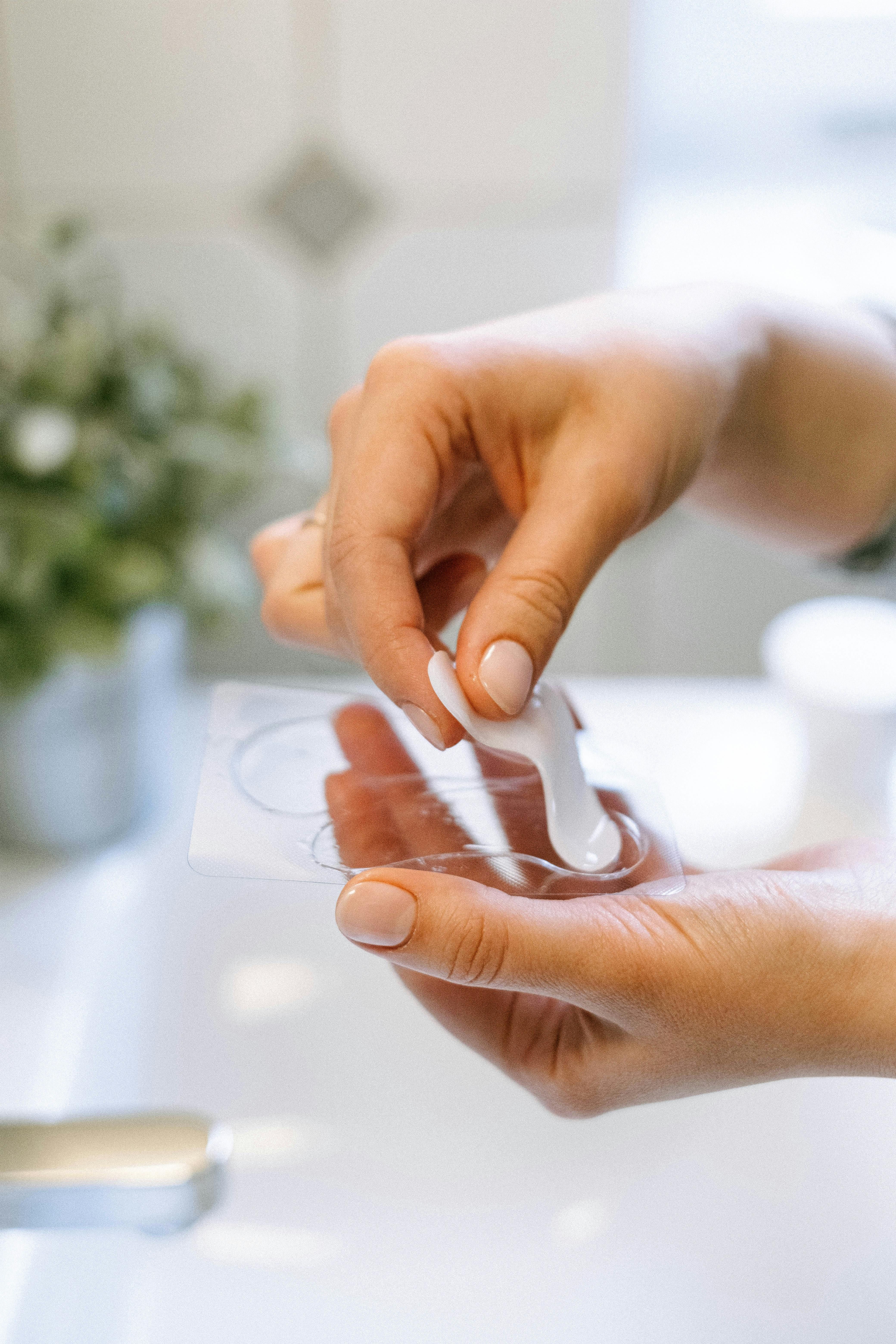
The Best Products for Combination Skin
Need a little help in finding the perfect products? Check out these dermatologist-approved picks:
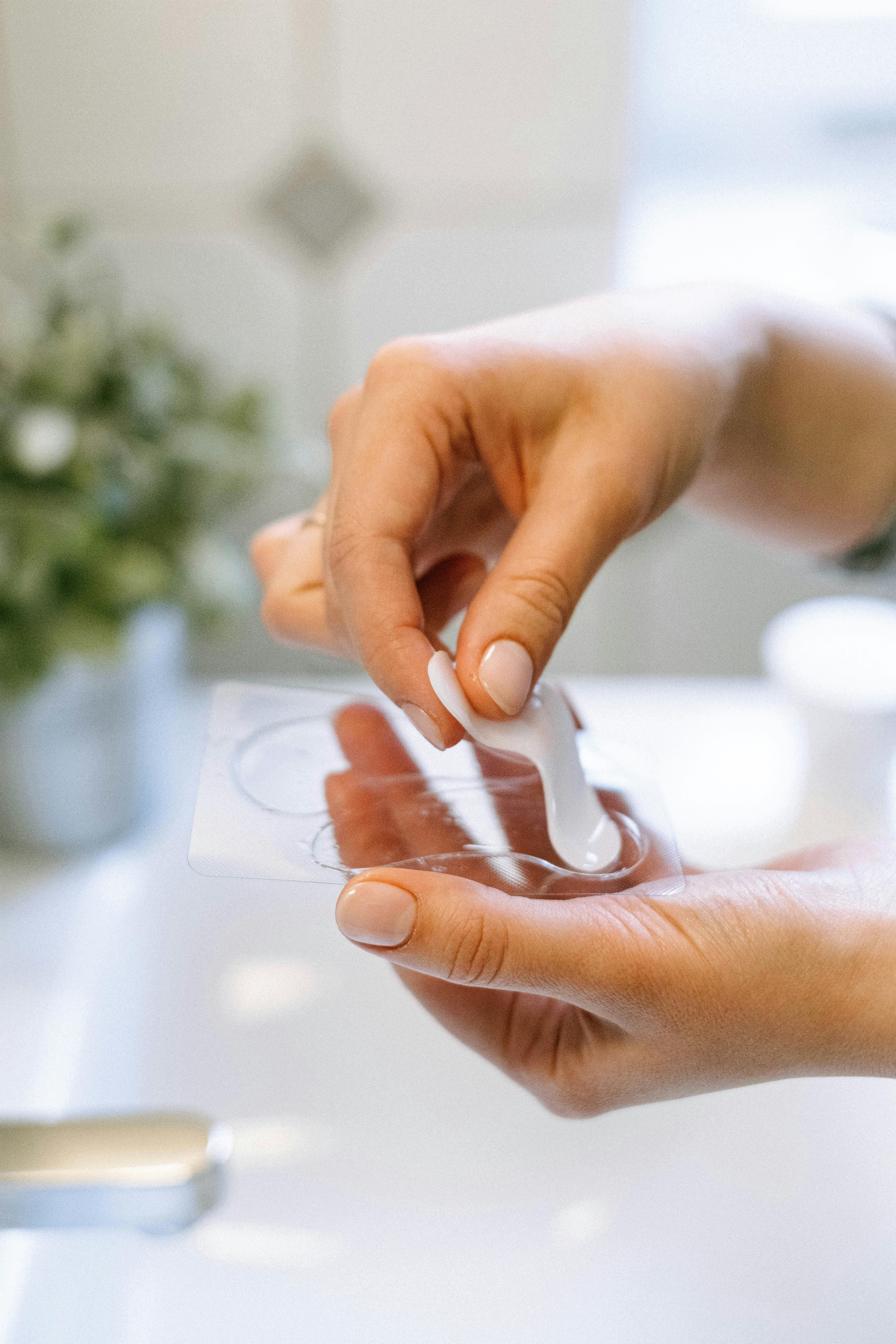
- CeraVe Renewing SA Cleanser
- Neutrogena Skin Perfecting Exfoliant
- Neutrogena Hydro Boost Gel-Cream Extra-Dry
- The Ordinary Hyaluronic Acid 2% + B5
- La Roche-Posay Effaclar Purifying Foaming Gel
- Sunday RileyGood Genes All-In-One Lactic Acid Treatment
- Clinique Moisture Surge 100H Auto-Replenishing Hydrator
- Supergoop! Unseen Sunscreen SPF 40
Caution: Always perform a patch test before trying any new product.

Forgot Your Homemade Solutions? Here are Some DIY Masks for Combination Skin
Green herb and yogurt face mask:
- Mix 3-4 tablespoons of plain, full fat yogurt, 1/2 cup fresh mint, and 1/3 cup fresh chamomile (substitute fresh chamomile with 2-3 chamomile tea bags if needed).
- Blend until smooth.
- Apply evenly on your skin.
- Leave for 15-20 minutes.
- Rinse with lukewarm water. Follow up with a moisturizer.
Egg white face mask:
- Whisk an egg white until stiff peaks form.
- Mix in 1 tablespoon each of lemon juice and honey.
- Apply to your face with a brush or cotton pad.
- Leave for 15-20 minutes.
- Rinse with lukewarm water. Follow up with a moisturizer – and sunscreen if it's daytime!
Common Mistakes to Avoid With Combination Skin Care
Avoid these common mishaps when caring for combination skin:
- Forgetting to take off makeup at night: Better make it a habit
- Overdoing exfoliation: Limit to once a week for oily areas and twice a week max
- Skipping the moisturizer: Moisture is essential for all skin types
- Not wearing sunscreen: Relentlessly preach the gospel of sunscreen
- Recognizing the unique challenges accompanying combination skin, Dr. Jen Haley recommends using a dermatologist-approved cleanser, toner, moisturizer, and sunscreen to address the separate needs of both oily and dry areas.
- In the morning, combining a gentle cleanser, alcohol-free toner, hydrating moisturizer, and SPF 30 or higher in the skincare routine can help balance the skin's oil and moisture levels.
- In the evening, switch to an oil-free gel or foam cleanser, exfoliate gently once a week, use treatment products tailored to skin needs, and apply moisturizer according to skin type for optimal results.
- Salicylic acid is a popular choice when dealing with acne on combination skin, as it controls oil production and unclogs pores.
- Hyaluronic acid stands out as a valuable ingredient for combination skin due to its ability to hydrate without causing oiliness, making it a star component of moisturizers and serums.
